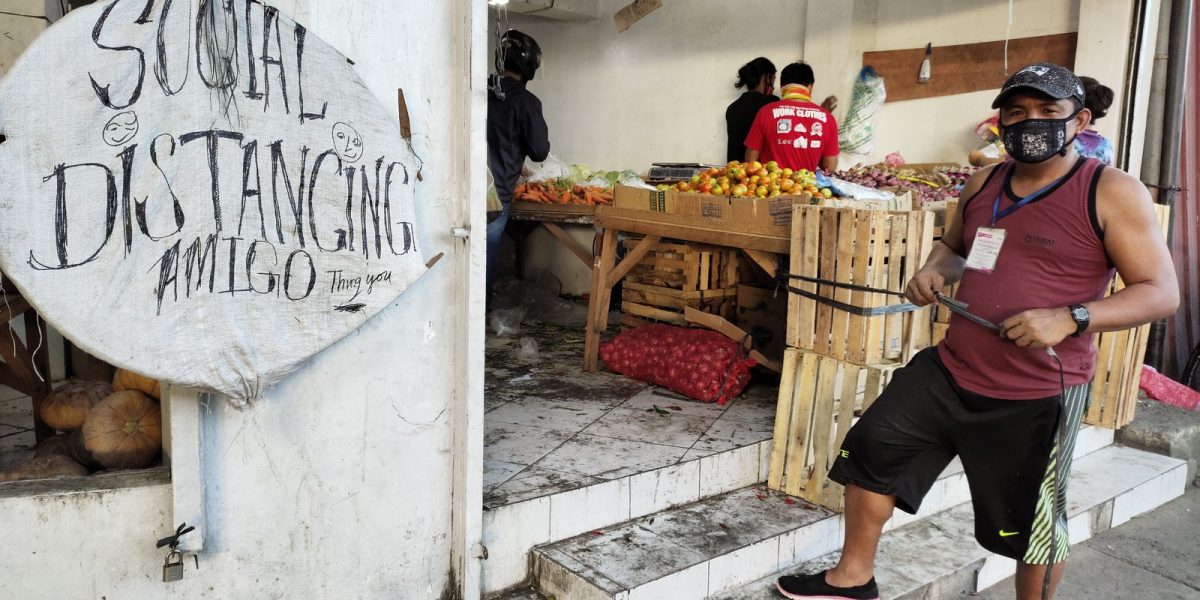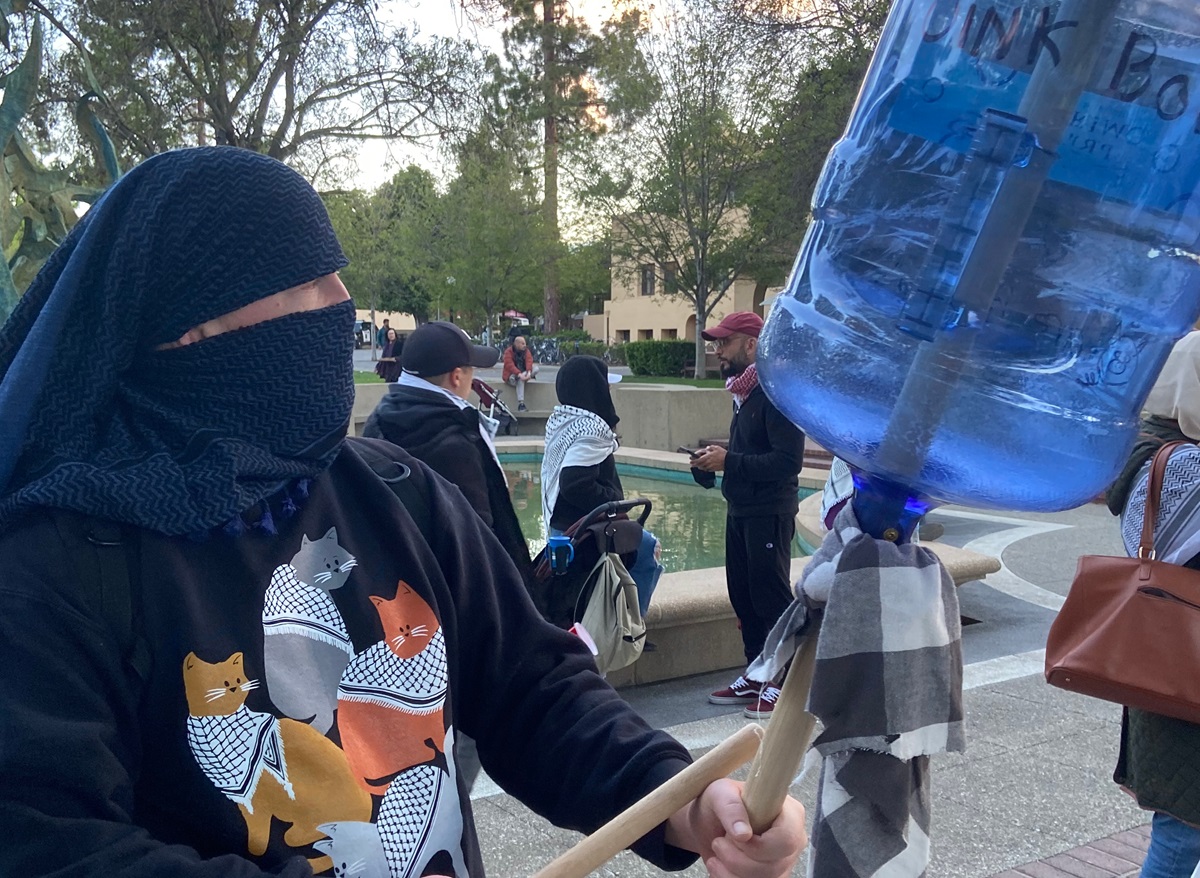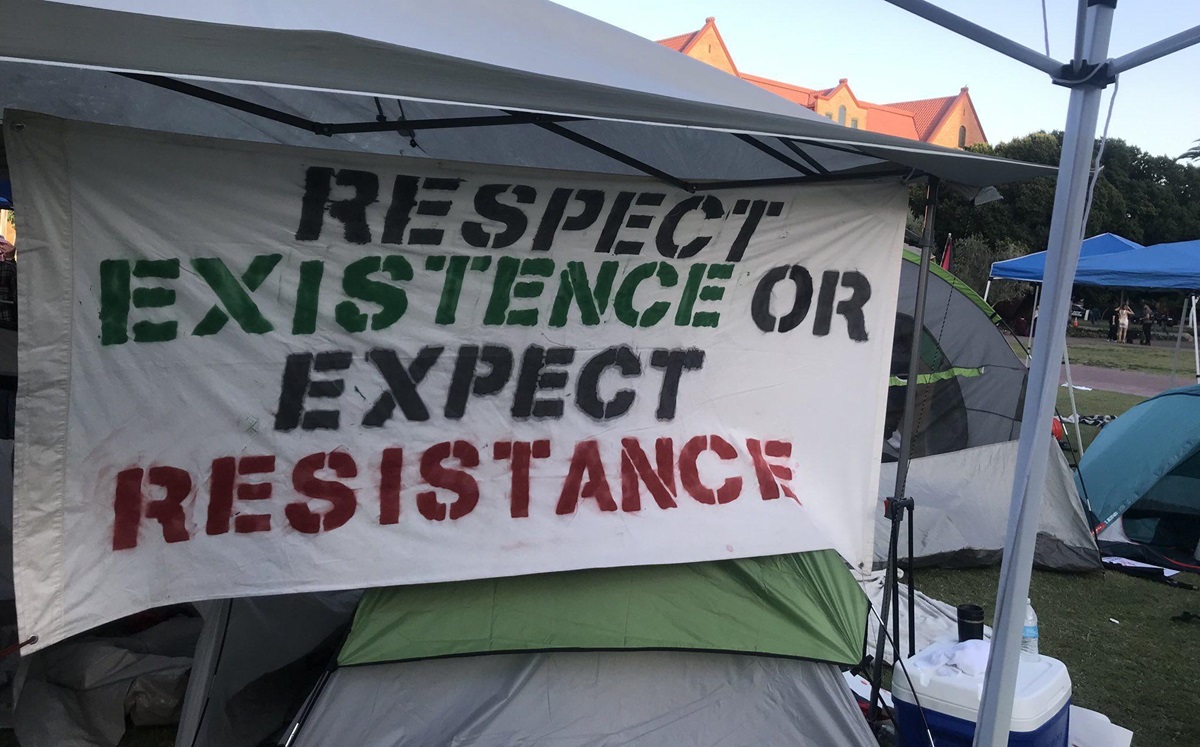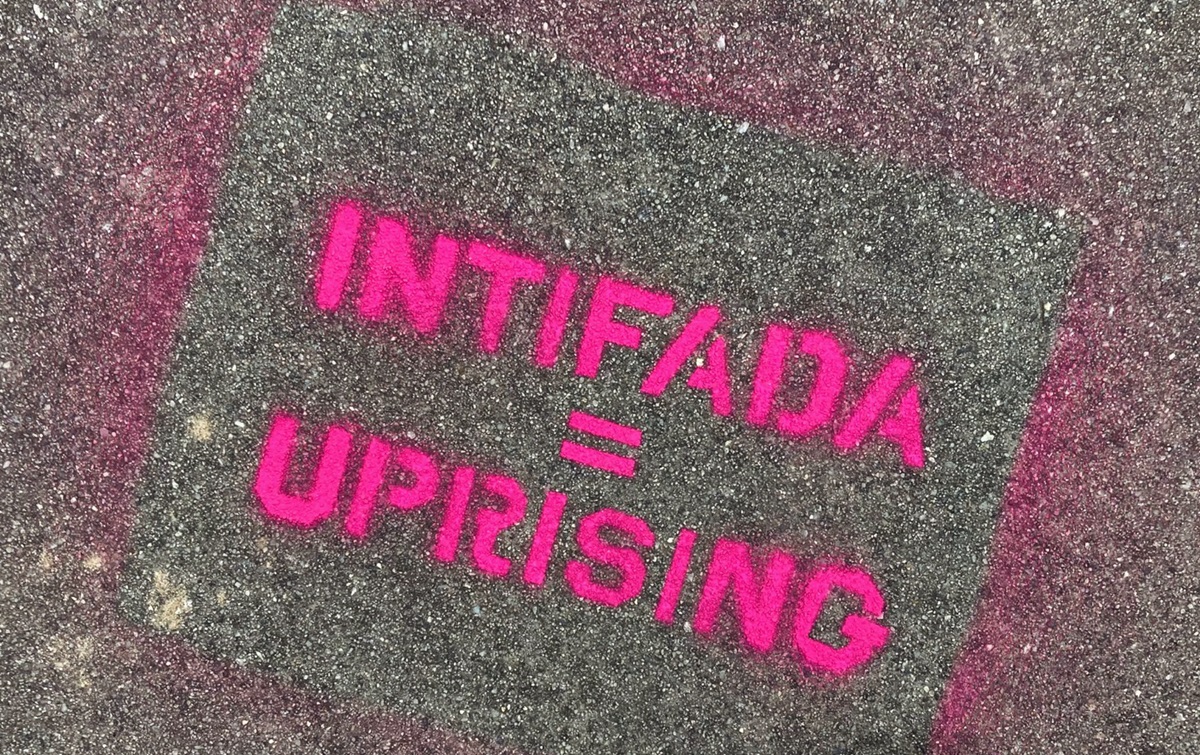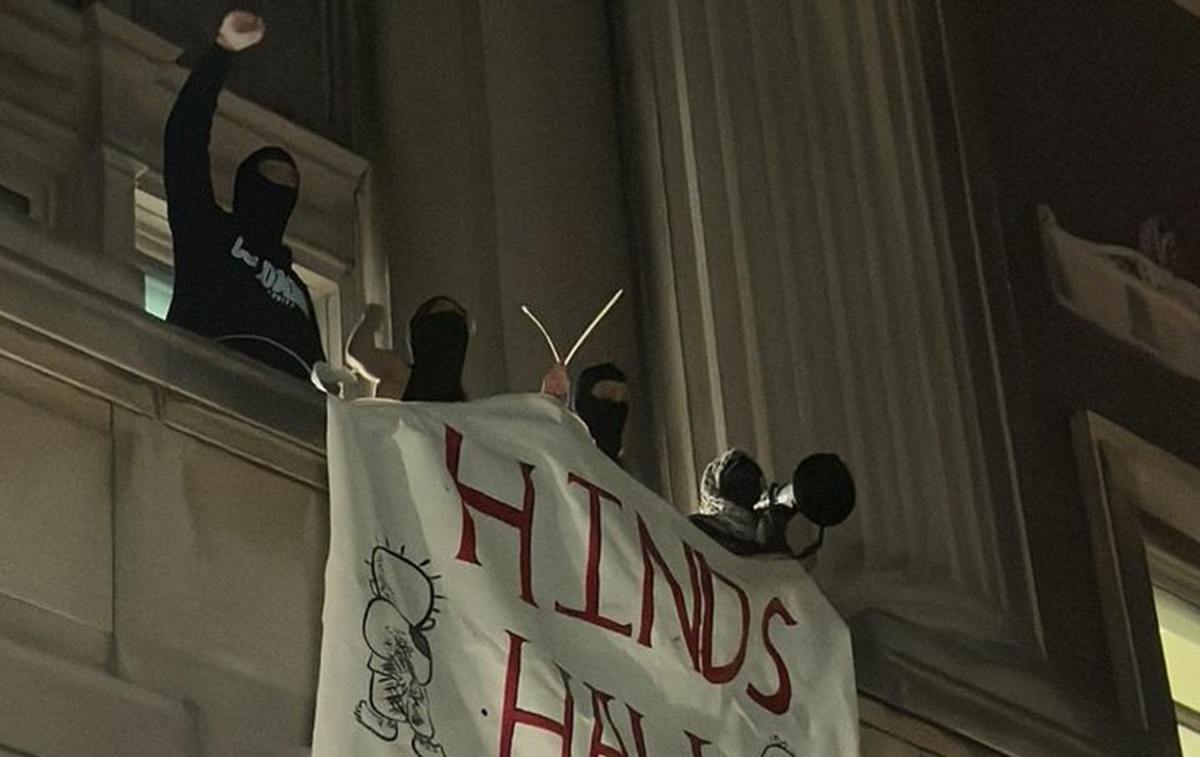Filed under: Featured, International Coverage
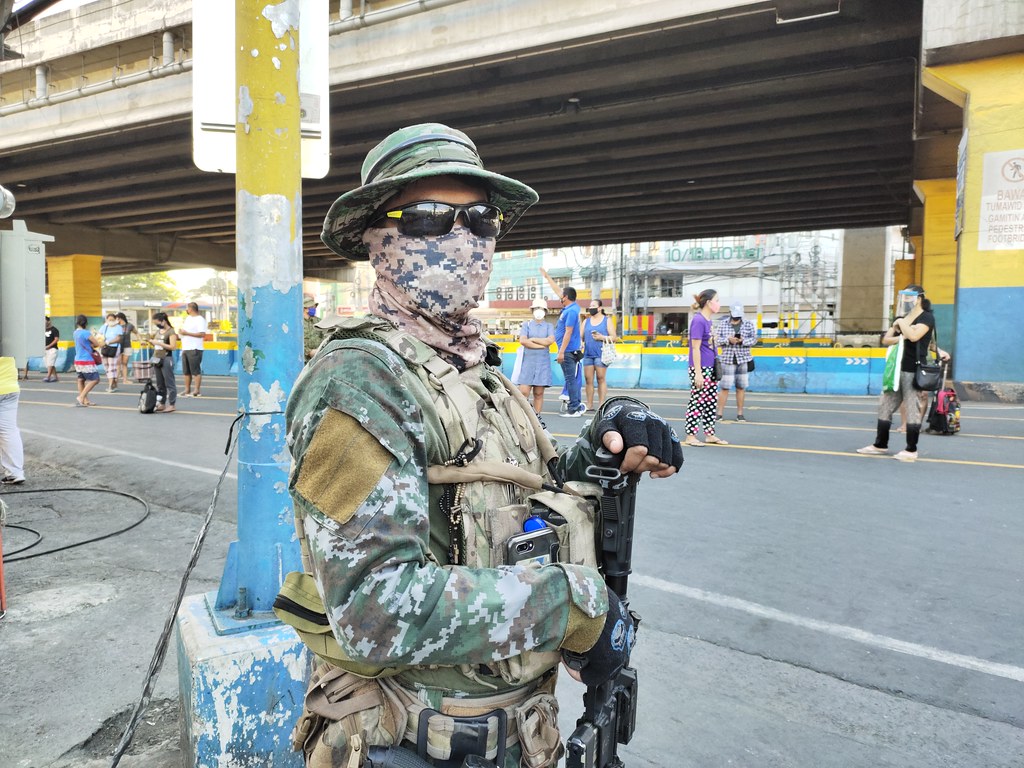
A certain narrative suggests that Rodrigo Duterte, the sitting president of the Philippines, is incompetent in addressing the covid-19 pandemic.
The idea stems from the country’s overwhelming failure to contain SARS-CoV-2 transmissions. Thousands continue to be infected every day. The Philippines remains in the middle of the longest lockdown in the world while other countries already enjoy some return to normalcy. The Duterte administration also botched the vaccine roll-out, implementing mass vaccinations later than other countries did.
Are Duterte and his administration incompetent? To call a government incompetent suggests that it intended but failed to be otherwise— that it had an intent to manage and mitigate the pandemic. On the contrary, I argue that Duterte and his administration had and still have no such intention.
The very first act of the Duterte administration amid the pandemic was to mobilize police and military assets— martial law in fact, if not in law. Indeed, some commentators (including myself) noted that the police mobilization in 2020 led to a quarantine with martial law characteristics.
In the wake of the death and devastation, we must understand that the administration’s omission of sensible pandemic policies was not a matter of incompetence, but a deliberate policy choice. Every policy choice taken by the Duterte administration was calculated to construct and consolidate armed rule. Every mobilization of policemen, every State debt incurred, every choice not to conduct mass testing and unified contact tracing was a deliberate policy choice. This is not incompetence; what we saw were components of an intentional plot to extend State power as armed rule using the pandemic as a pretext. Indeed, because the State was so focused on expanding police power, we saw the police itself spreading the virus as in March 2021 when then police Director General Debold Sinas failed to undergo screening before going to Oriental Mindoro where he tested positive for covid-19.
How can we be sure that what we are seeing is not incompetence but are deliberate policy choices? To say so, we must interrogate State power.
State power is a specific form of organization that was constructed out of specific historical circumstances. While there have been some forms of States since antiquity, modern States are very recent constructions dating back to only a few hundred years before which stateless societies were common. Pre-modern States did not have the power and agency that are characteristic of modern States. A king’s word may have been law, but out in the frontiers and provinces away from the castles and cities, that law meant very little. In some peasant villages in Medieval Europe, sometimes, village customs prevailed over the crown. But compared to pre-modern States, the power of modern States is totalizing; the modern State has power in *every* sphere of our lives such as in the bedroom. But where did this power come from?
The power wielded by modern States and other hierarchical institutions can be called power-over as these institutions have power over populations. Power-over is a kind of power where one party (in this case the State) has power over another party where that other party is divested of power. In order to build power-over, the power of people over their own lives and their own communities must be usurped by those building power-over. Thus the lack of power we have over our own lives under the State is inversely proportional to the power the State has over us. That is to say: our lack of power is related to the State having too much power.
For example: Why cannot our most respected and distinguished medical workers form a committee to manage and direct the medical resources of the country? Why do we have to wait for the State to organize this? We do so because the State has the power to legitimize and delegitimize certain actions and organizations. Medical workers cannot come together because the State has usurped the power to declare what is legitimate or illegitimate and it deems its own Inter-agency Task Force as legitimate to the delegitimization of other experts. We cannot act for ourselves *precisely* because the State has taken unto itself our agency— our power to act.
So how does this relate to the question of Duterte’s incompetence? We cannot call the policy actions of Duterte and his administration incompetent precisely because we know Duterte and his cronies have the power to manage, mitigate, and even stop this pandemic. The State embodied in the Duterte administration can stop this pandemic if it wants to, *but does not because its real intention is armed rule and expansion of State power*, to further usurp and take more power from an already immobilized, disoriented, and despairing civil society.
The State is not a club of “idiots” (let’s avoid ableist language while we’re at it, hence the quotations), but is a deliberate institution that hoards power the way the kapitalista hoards wealth. Whenever the State chooses not to do something, this is always its choice, inaction powered by the power it usurped from us.
What we are seeing today is not incompetence, but a choice to let thousands die and millions more suffer. We are instead seeing a high level of competence in the construction of ever greater police powers and the consolidation of armed rule— martial law in fact, if not in law.
Look at the actions of the Duterte administration. Who was put in charge of the quarantine? Sycophants and military men. Who got vaccinated first? The cops who guard Duterte. What powers were initially mobilized and which were not? We can see the violence of policing every day with so-called “quarantine violators” themselves violated and activists murdered or framed while they immobilized by the pandemic while proven public health policies like mass testing still are not implemented. So much money has been borrowed and printed, yet has it gone to ayuda or vaccines? It has not; and this raises the question: where is it actually going? These choices are deliberate policy choices and are indicative of a competency geared towards something other than pandemic mitigation: armed rule.
So what can we do against such malevolent competency?
Against the power-over us, we have to instead build a different kind of power: power-with. Power with others is not like power-over. If you have power with someone, the power of one does not diminish the power of the other. Instead, our powers complement one another’s and together are more than the sum of their parts. Power-with cannot be usurped by this or that party, it can only be built through solidarity.
Actions like opening community pantries and kitchens to give food to those who need it are examples of power-with. The State is hostile to such power because it erodes our collective dependence on the State’s power. This hostility was shown to all last year when the State forcibly closed community kitchens for preposterous reasons. We saw this again in the face of the community pantry movement, when armed thugs harassed and red-tagged pantry organizers. Such actions show the State that we have our own power that it cannot steal and the State knows it and does not like it.
Other actions to build power-with include talking to your neighbors to start community gardens, kitchens, journalism, clinics, self-defense lessons, and workshops. Look at what you have and ask your neighbors what resources we can all pool together. Building power-with can also be done through talking with your fellow workers and combining your efforts to struggle for better pay or better conditions, with a union or without one, as a strike committee. We need to build dependence on one another and reduce our dependence on the State.
However, we must also beware of false critics of the existing order. There are those on the left and on the right who challenge the power-over of the State with their own power-over, with their own hierarchies and their own usurpations. These false critics are not opposed to the existing order of police, prisons, or precarious labor conditions; they simply want to be in charge of it. If they are indeed opposed to this Philippine National Police, they would want to implement their own police. The false critics oppose this armed rule simply because they want their own.
Duterte and his ilk are not incompetent, and that makes it worse! It is increasingly clear that we cannot rely on the State to save us; the State only cares for its own power. Against this militarized quarantine’s power over us, perhaps we can find power with one another. Perhaps against the malevolent competency of the current order, we can find competencies among ourselves and with one another.
Simoun Magsalin is an anarchist in the archipelago known as the Philippines, an online archivist and librarian, and an abolitionist organizer.


